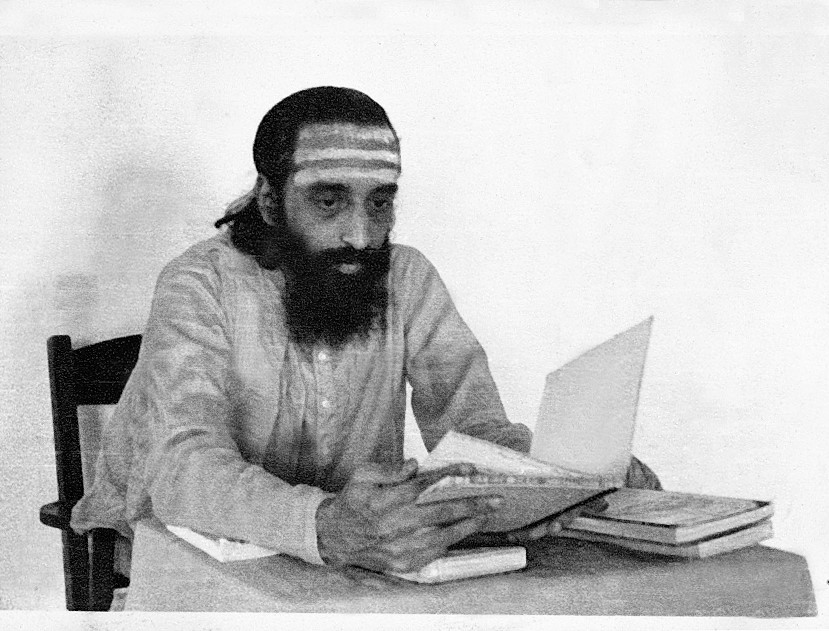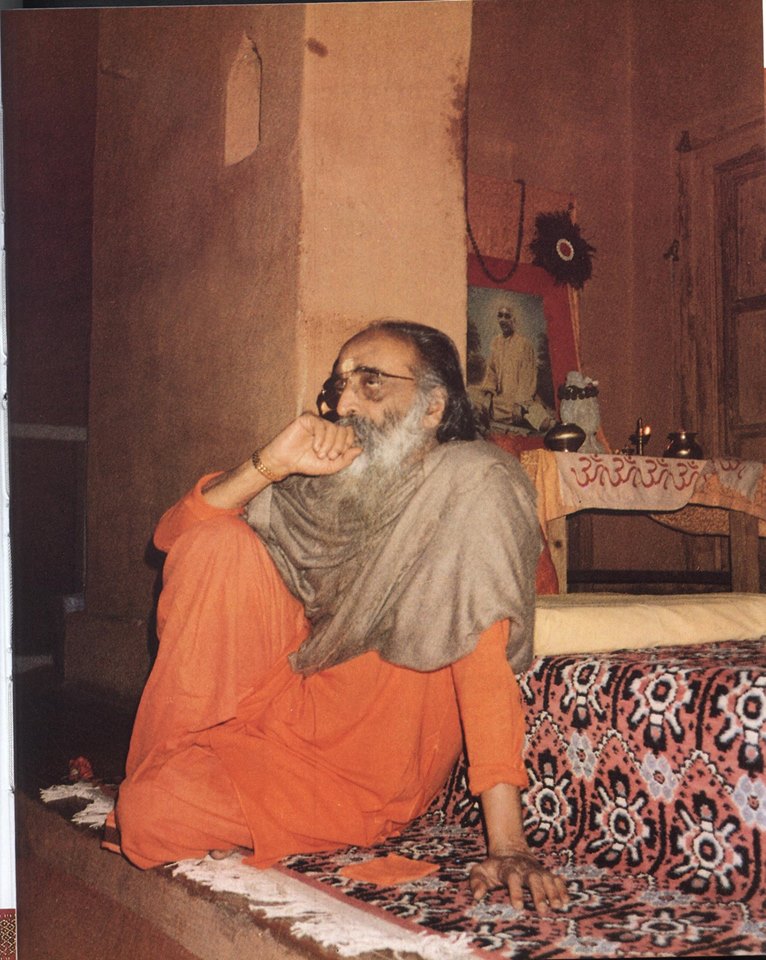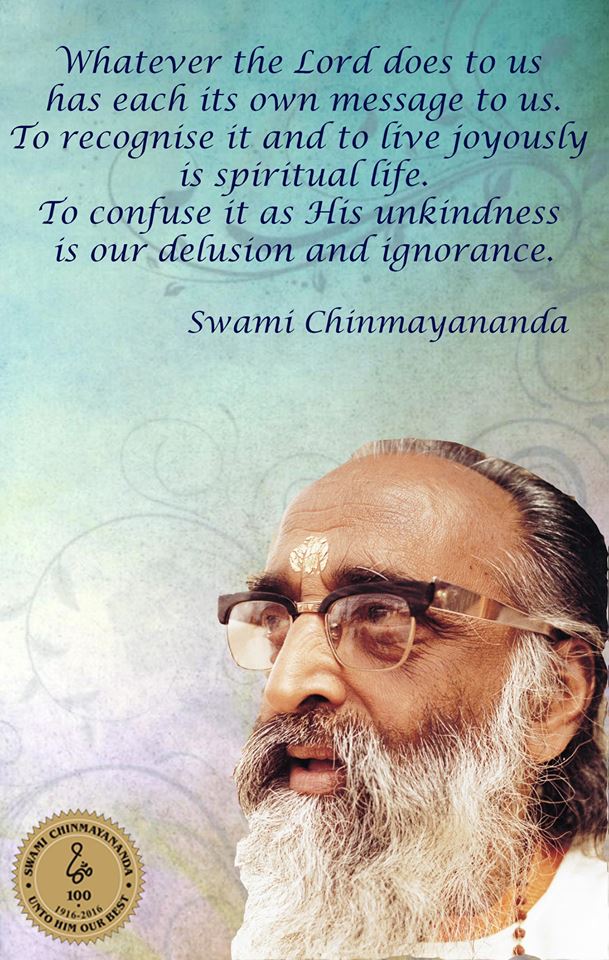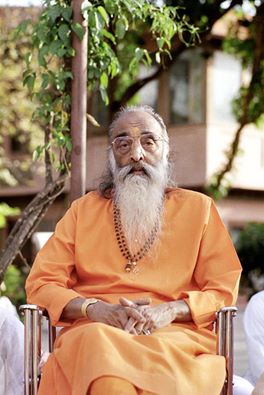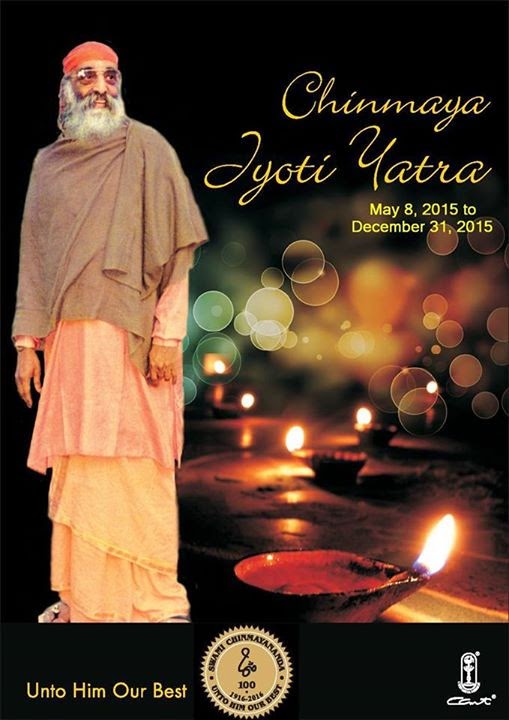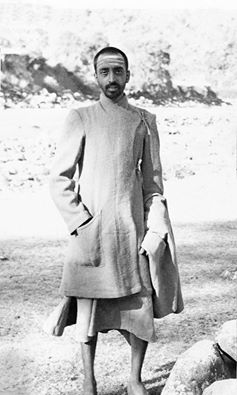Gita : Ch-12. Slo-18 & 19. Discussion-1.

Srimad Bhagavad-Gita : Chapter-12. ( Bhakti-yogam ) Slokam-18 & 19. ( One who is equal to friends and enemies, who is equiposed in honor and dishonor, heat and cold, happiness and distress, fame and infamy, who is always free from contamination, always silent and satisfied with anything, who doesn't care for any residence, who is fixed in knowledge and engaged in devotional service, is very dear to Me. ) (18) samah satrau ca mitre ca tatha manapamanayoh, sitoshnasukhaduhkheshu samah sangavivarjitah. satrau ca mitre ca tatha = in enemy as well as in friend, likewise; manapamanayoh samah = honor as well as dishonor equal minded person; sita-ushna-sukha-duhkheshu = cold, heat, joy, sorrow, in these; samah = remains ...






